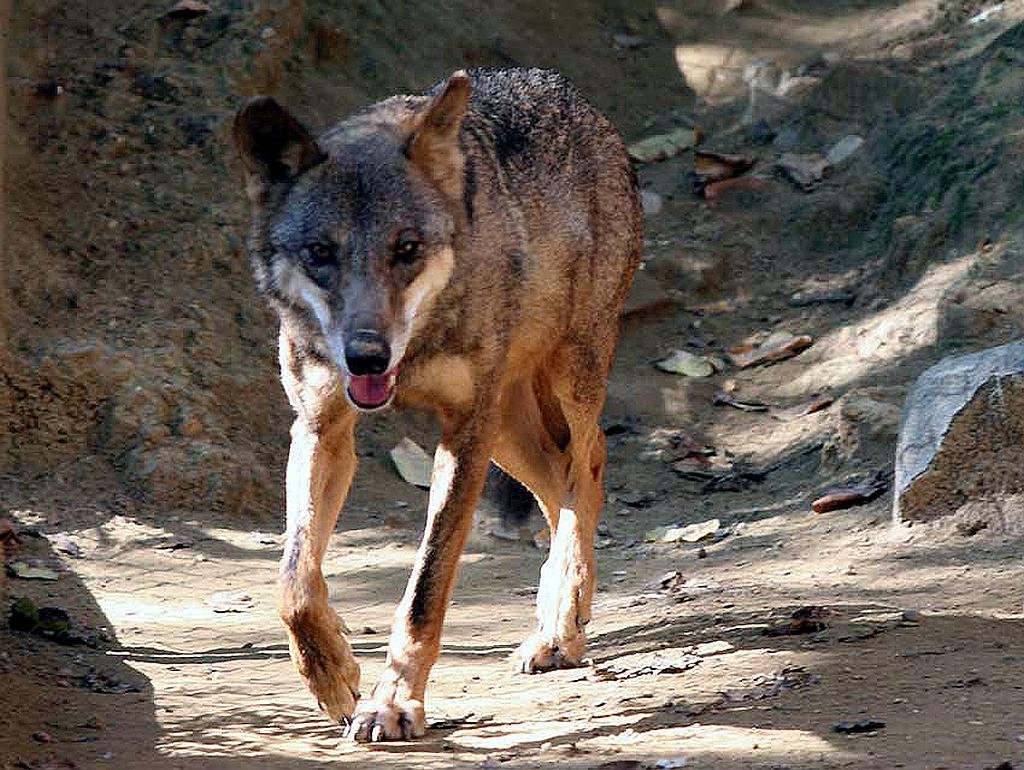The management of Iberian wolf (Canis lupus signatus) populations in Spain has always been a subject of ongoing debate, balancing conservation efforts with the interests of livestock farmers. Recent legislative changes have further complicated this issue, particularly concerning hunting regulations north and south of the Duero River.
Read more about the Iberian wolf here.
Historical Context of Wolf Hunting in Spain
Historically, the Iberian wolf has faced significant persecution, leading to its eradication in several regions. By the mid-20th century, bounties were placed on wolves, drastically reducing their numbers. However, small populations survived, primarily in northwestern Spain and northern Portugal.
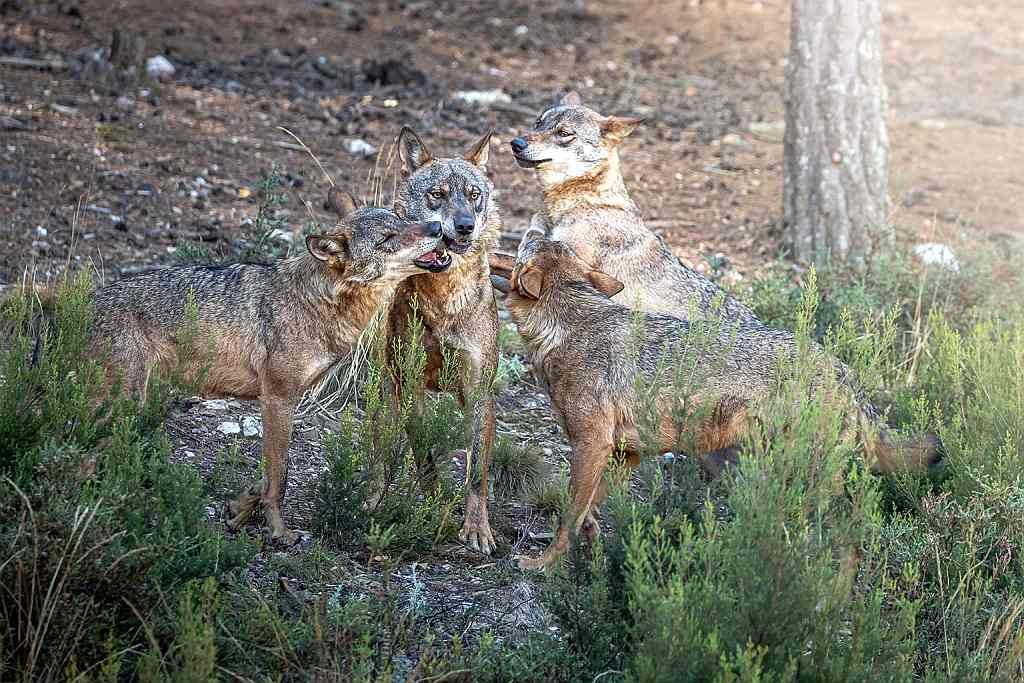
Recent Legislative Changes: Reversal of the 2021 Hunting Ban
In March 2025, the Spanish parliament passed a law targeting “food production waste”, which included an amendment to lift the 2021 ban on wolf hunting north of the Duero River. This decision allows controlled hunting to resume in regions like Asturias, Cantabria, Galicia, and northern Castilla y León, where most of Spain’s Iberian wolves reside. The amendment was supported by parties such as the People’s Party (PP), Vox, Junts, and the Basque Nationalist Party (PNV).
Implications for Regions South of the Duero River
While the recent legislative changes primarily affect regions north of the Duero River, they also have potential implications for areas south of the river. The amendments include provisions that could allow for the hunting of wolves south of the Duero in the future, contingent upon changes in their protection status at the European level. This means that if the European Union relaxes its protection measures for wolves, hunting could be authorized in southern regions as well.
Reactions to the Legislative Changes
The decision to lift the hunting ban has elicited mixed reactions. Farmers and agricultural associations have welcomed the move, citing the heavy toll wolves take on farm animals each year (hence the food waste?). Conversely, conservationists have decried the decision as harmful to both wolves and biodiversity, warning it will lead to indiscriminate wolf slaughter and harm conservation efforts.
Is the Iberian lynx facing a similar threat?
A similar conflict is playing out with the Iberian lynx (Lynx pardinus), another species that has made a remarkable recovery thanks to conservation efforts. Once the most endangered wild cat in the world, the Iberian lynx population rebounded from fewer than 100 individuals in the early 2000s to over 2,000 today. However, opposition from farmers and hunting groups now threatens its progress, as concerns grow over livestock predation and competition with game species.
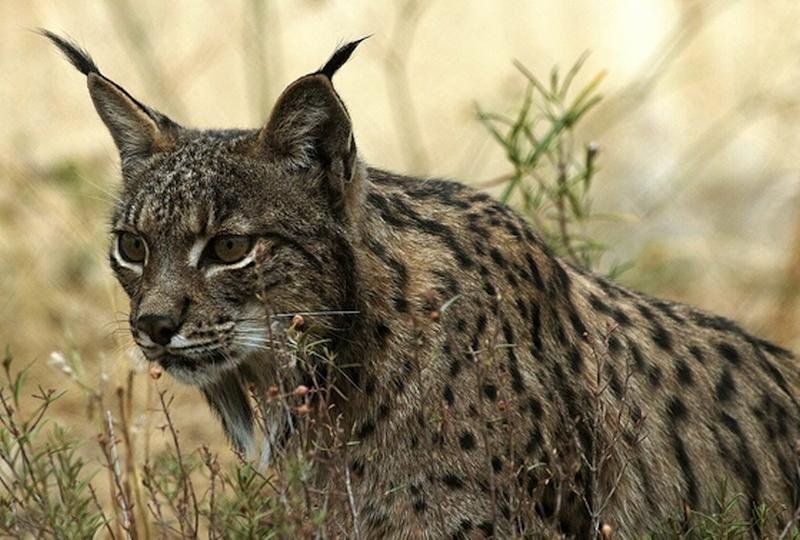
Future Outlook for the Iberian Wolf Population
The reintroduction of controlled hunting raises concerns about the future of the Iberian wolf population. While proponents argue that hunting is necessary to protect livestock and manage wolf numbers, opponents fear it could reverse the progress made in wolf conservation over the past decades. The balance between agricultural interests and wildlife conservation remains a contentious issue in Spain.
The lifting of the hunting ban on wolves north of the Duero River marks a significant (and worrying) shift in Spain’s wildlife management policies. As the debate continues, finding a sustainable solution that addresses both the concerns of farmers and the need for biodiversity conservation will be crucial.
No to Wolf Hunting: The Fight by the WWF (The World Wide Fund for Nature) to Protect a Vital Species. Sign the petition!
You can sign the petition against this in Spanish here.
The Threat Facing the Iberian Wolf
The Iberian wolf is under threat once again. The Spanish Congress of Deputies has recently approved the removal of the species’ legal protection, allowing regional governments to resume hunting north of the Duero River. This decision represents a serious setback for conservation efforts, a rejection of scientific research, and a step backward in the quest for human-wildlife coexistence.
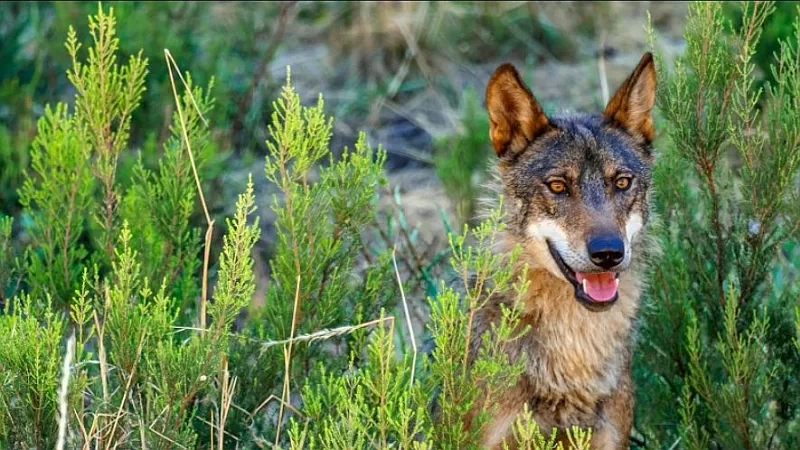
Conservationists warn that without legal protection, wolf populations could decline rapidly, pushing them towards a more precarious status. Some regions, such as Cantabria and Asturias, have already signalled their intention to approve plans permitting the culling of up to 20% of their wolf populations.
Ignoring Scientific Evidence
The justification for removing wolf protection is based on misinformation and unfounded claims rather than scientific evidence. Studies show that hunting wolves does not effectively reduce livestock attacks. Instead, it disrupts the wolves’ social structure, often leading to increased conflicts as younger, inexperienced individuals are forced to fend for themselves.
Since the Iberian wolf was listed under the Specially Protected Species category (LESPRE) in 2021, its population has not significantly increased. Furthermore, genetic studies highlight concerns about inbreeding due to habitat fragmentation. This contradicts claims that wolves have recovered sufficiently to warrant hunting.
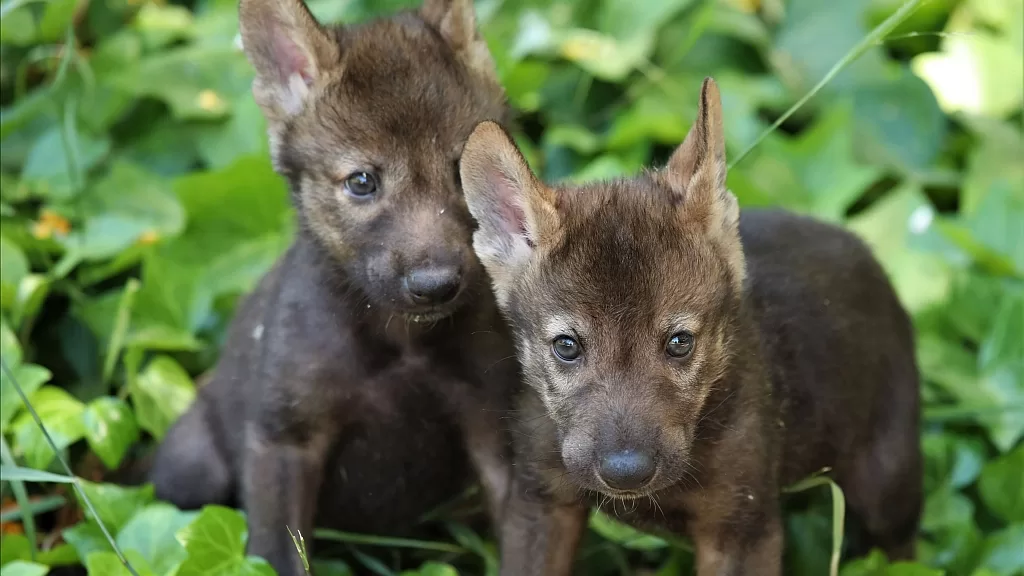
Coexistence: A Sustainable Solution
Rather than resorting to lethal control, coexistence strategies offer a scientifically backed and humane approach to managing interactions between wolves and livestock. WWF and other conservation organisations advocate for:
- Compensation for Damages: Fair and timely payments to farmers who lose livestock to wolf predation.
- Preventive Measures: Use of physical barriers such as permanent or mobile enclosures.
- Guardian Animals: Employing livestock guardian dogs like mastiffs, which are highly effective in deterring wolves.
- Shepherding Practices: Ensuring human presence with herds, a method proven to reduce predation by up to 90%.
Regions such as Aragón, Catalonia, Castilla-La Mancha, and Madrid have successfully implemented these measures, demonstrating that coexistence is not only possible but beneficial for both farmers and wildlife.
The Wolf: A Keystone Species
The Iberian wolf plays a crucial role in maintaining ecological balance. As a top predator, it helps control populations of wild herbivores, preventing overgrazing and supporting healthy ecosystems. It is not the cause of the decline in traditional livestock farming, as is sometimes claimed. In reality, wolves are responsible for less than 1% of livestock losses.
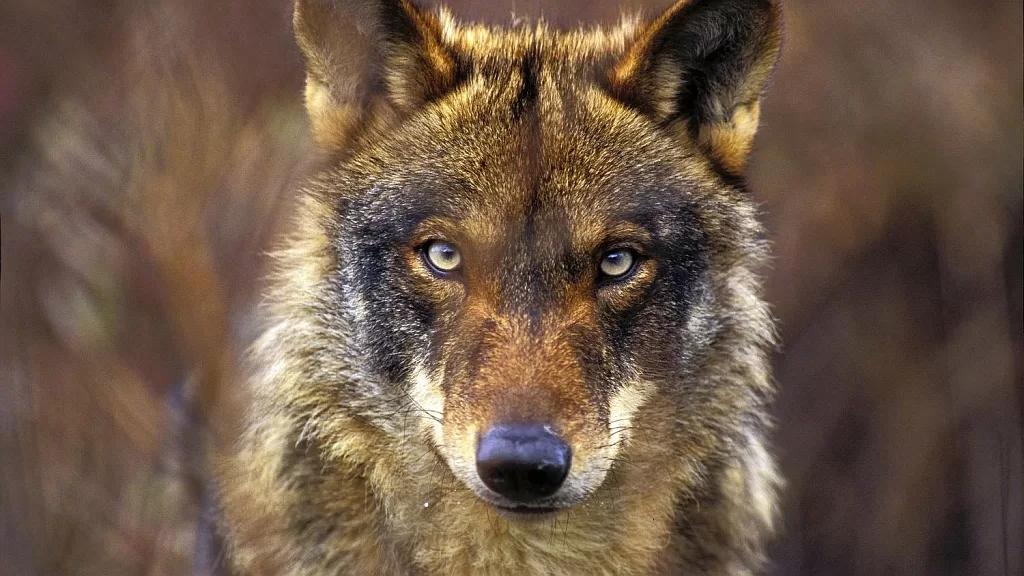
Despite being portrayed as a menace, the wolf is a shy and elusive species that avoids human contact. The persistent negative stereotypes surrounding wolves are rooted in myths rather than fact.
Protecting the Wolf: What Can Be Done?
WWF has been advocating for wolf conservation for over 50 years. Their I Defend the Wolf campaign has gathered nearly 200,000 signatures in support of maintaining protection for the species. Conservationists are committed to monitoring and legally challenging any attempts to authorise wolf hunting in violation of environmental regulations.
Additionally, efforts continue to push for the development of long-term conservation and recovery plans. Regional governments must be encouraged to adopt solutions that promote coexistence rather than extermination.
The Time to Act is Now
The Iberian wolf is a vital part of Europe’s natural heritage, and its protection is more critical than ever. The decision to remove its safeguards must be challenged to prevent irreversible damage to populations already at risk. Public support is crucial in ensuring that wolves are not driven back to the brink of extinction.
Conservationists urge individuals to take action—whether by signing petitions, supporting organisations dedicated to wolf conservation, or spreading awareness about the importance of this misunderstood species.
Iberian Wolf Hunting Regulations in Spain: Spain Lifts Wolf Hunting Ban North of the Duero You can sign the petition against this in Spanish here.
The fate of the Iberian wolf depends on the choices made today. Now is the time to stand up and ensure that not a single wolf is lost.
Ronda Today
Everything you need to know before you visit Ronda “The city of dreams” in Andalucia. https://www.rondatoday.com/
Visit Cádiz
Planning on visiting Cádiz? Tourist information. Monuments. Hotels. Activities. City guides: https://visitingcadiz.com/
The Caminito del Rey
Find tickets for the Caminito del Rey
Wildside Holidays
Take a trip on the Wildside! Discover the wildlife and nature of Spain, its Natural and National Parks and find the top wildlife, activity and walking holiday companies.
Iberia Nature Forum
Struggling with identifying those bugs and beasties? Why not check out the Iberia nature Forum! https://iberianatureforum.com/
I’ve been living in this lovely area of Western Andalucia for the last 20 years or so and dedicate most of my time to the running of English language tourist information websites for the towns of Cádiz, Ronda, Grazalema, the famous or infamous Caminito del Rey, and also Wildside Holidays, which promotes sustainable and eco-friendly businesses running wildlife and walking holidays in Spain. My articles contain affiliate links that will help you reserve a hotel, bus, train or activity in the area. You don’t pay more, but by using them you do support this website. Thankyou!
